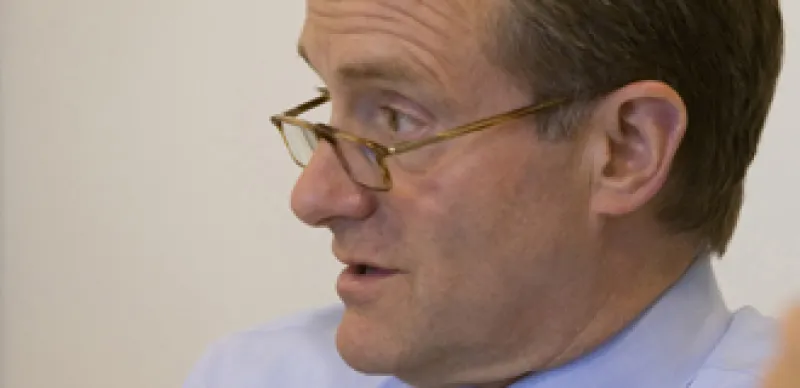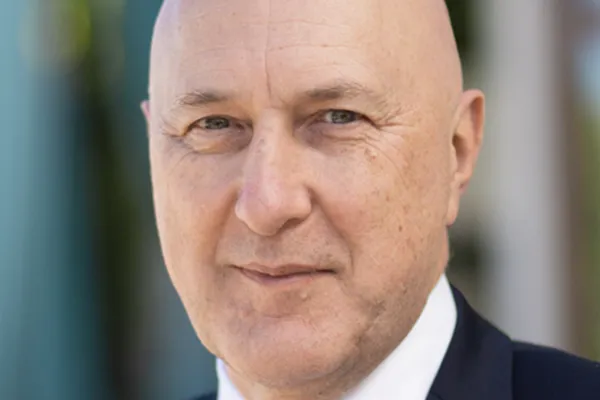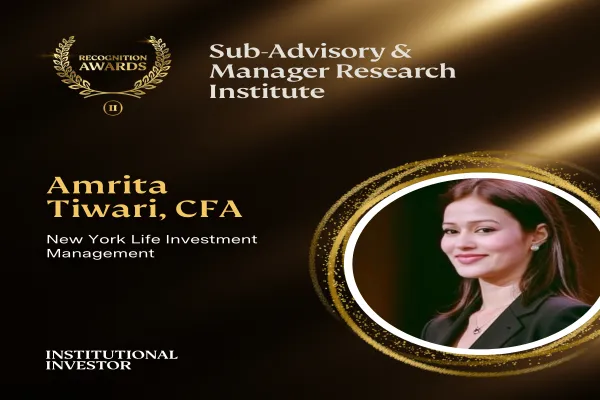While most asset managers suffered from investor withdrawals during the financial crisis, Howard Marks, co-founder and chairman of Los Angeles–based Oaktree Capital Management, was busy loading up his war chest. The 63-year-old distressed-debt investor has led Oaktree in raising $13.3 billion during the past two years — no small feat given the outflows that drained many funds — about a quarter of the total $52 billion raised by all distressed funds in that period, according to data tracker Preqin.
The professorial Marks calls the recent crisis a “bargain bonanza” for Oaktree’s investors. The OCM Opportunities Fund VII, a $10.9 billion distressed vehicle raised in 2008 — the largest ever, according to Preqin — has generated a net internal rate of return of 31.5 percent from inception through December 31, 2009, according to an investor.
As a portfolio manager at Citicorp Investment Management, Marks was one of the first investors to dip into the high-yield bond market in the late 1970s. He joined Los Angeles–based TCW Group in 1985, managing its high-yield and distressed-debt investments, and ten years later started Oaktree.
At the end of 2009 the firm had $73 billion under management, including $27 billion in distressed assets and $22 billion in high-yield debt. Oaktree also raised $456 million to participate in the Treasury’s Public-Private Investment Program for toxic assets. Marks recently spoke with Institutional Investor Reporter Xiang Ji at Oaktree’s New York office.
1. Do you see attractive investment opportunities in credit this year?
Investment returns last year were nothing short of incredible — the best in history for most asset classes. But this year one will need discernment, discipline and risk consciousness to make good returns. High-yield debt currently appears about fully valued, meaning from here one should expect to earn the coupon minus credit losses. In distressed debt there will be fewer opportunities this year. We are unlikely to see the quantity or the vast bargains of late 2008.
2. What do you think of investments in commercial real estate?
We think there’s pain ahead in commercial real estate, our main focus, and that will give us better opportunities to invest in commercial-mortgage-backed securities.
3. What’s your outlook for private equity?
Private equity has to go back to its roots of 35 years ago, when distressed bargain purchases and value-added were the core. Financial engineering is additive, but not fundamental. Buying companies for less than they’re worth will be the key. As people say, you can’t make a silk purse out of a sow’s ear. As for fundraising, it will take a long time before we see those $20 billion funds again, and I hope fund managers are never as exuberant and risk-tolerant as they were in the boom years of 2006 and 2007.
4. What’s your biggest challenge going forward?
To find bargains. In our history, the investments we made in 1990 and 2002 overall achieved attractive returns. We have sought to earn returns with low risk and we hope to do so in the future.
5. What is your outlook for Oaktree’s future?
We will always be a niche firm. The last thing we want to do is become an asset gatherer, where it’s just about having more assets in every asset class. We achieve what we achieve because we are players in less efficient markets, where it’s possible for work and skill to pay off in superior risk-adjusted returns. We have no desire to become bigger just for the sake of it. In fact, this is a good time for some of our strategies, such as distressed debt, to get smaller.






